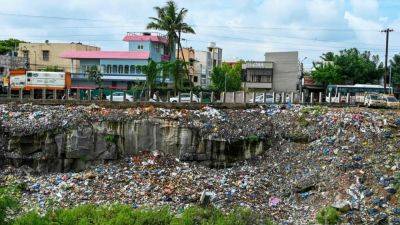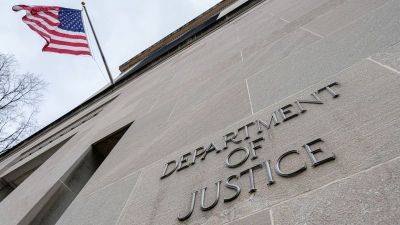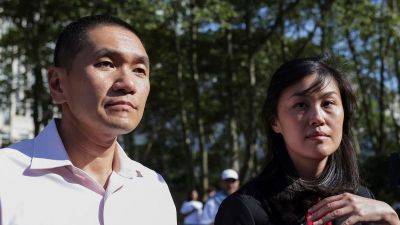A ‘rules-based’ or ‘principle-driven’ new global order?
With the revival of great power competition on an unprecedented scale, there seems to be little appetite for main actors to meet in the middle. This combustible environment makes global cooperation increasingly elusive and challenging.
Among the most striking signs of these turbulent times is the assault on the rules-based international order, a long-time staple of Western foreign policy.
While the term was coined only after the Cold War, states’ commitments to such an order, mainly for reasons of peace and security, can be traced back to the significant efforts to establish order after the Second World War.
While the concept is used to mean many different things, most often, it is understood as a shared commitment among states to conduct their activities in accordance with a set of established principles, rules and institutions that govern global affairs.
But which specific rules does this order refer to? And who has the authority to set and enforce them?
Under the guise of upholding universal principles, states and other international actors are subject to a range of inconsistent binding and non-binding rules, as well as double standards.
For instance, Western leaders participate in collecting evidence related to the Russia-Ukraine war but hesitate to act similarly regarding the Israel-Hamas war. Likewise, governments support the International Criminal Court (ICC) in prosecuting Russia’s leader for war crimes while criticizing its decision to seek an arrest warrant for the Israeli prime minister.
The reality remains that the rules-based international order, still largely influenced by American liberalism, is now viewed by many as incapable of effectively regulating, let alone structuring, a coherent system of global







